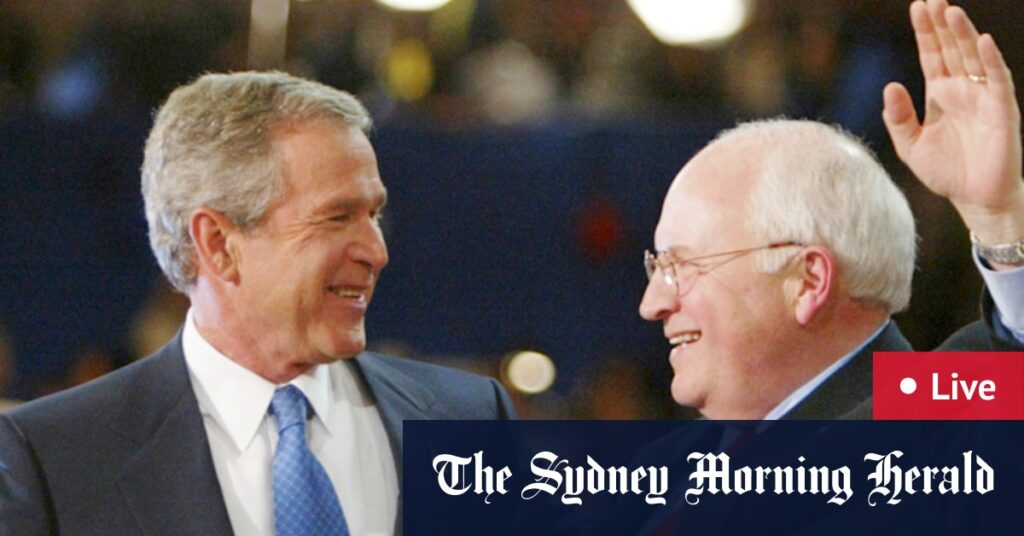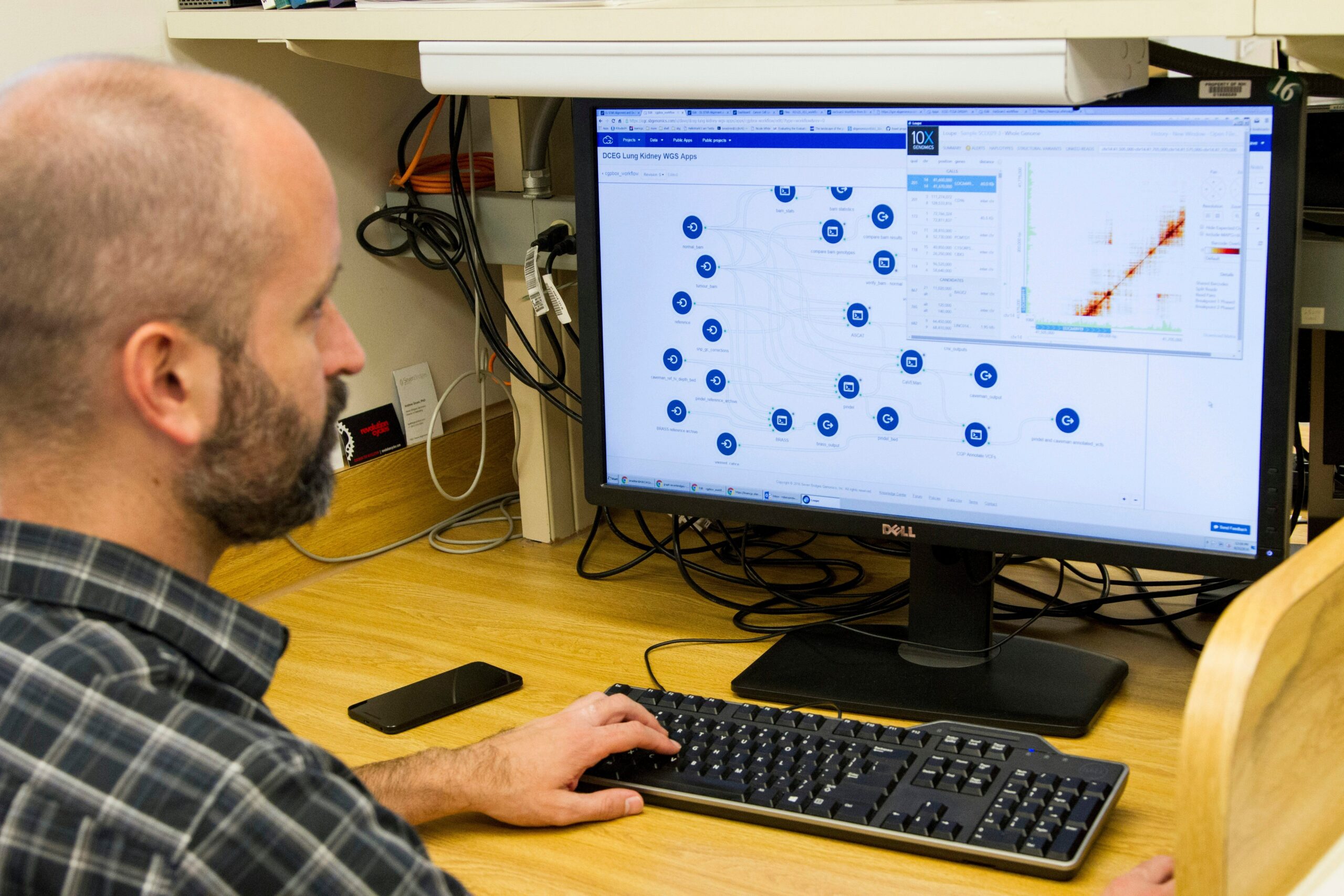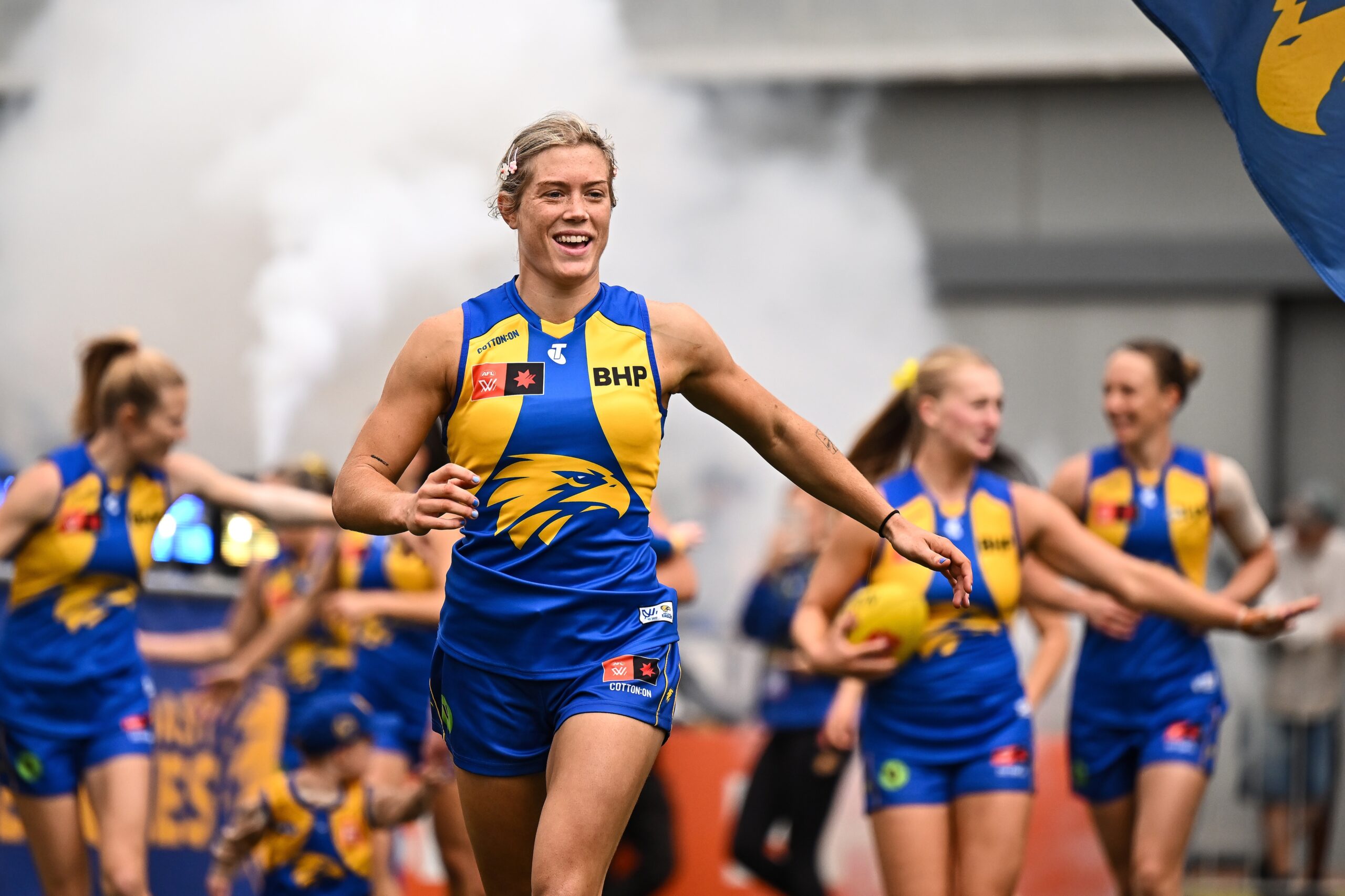
In a week marked by significant global developments, the passing of former U.S. Vice President Dick Cheney, new social media bans, and political tensions in Australia have captured international attention. These events unfold against a backdrop of ongoing geopolitical shifts and domestic challenges.
Dick Cheney: A Political Titan Passes Away
The world mourns the loss of Dick Cheney, former Vice President of the United States, who passed away at the age of 82. Cheney, a prominent figure in American politics, served as Vice President from 2001 to 2009 under President George W. Bush. Known for his influential role in shaping U.S. foreign policy, particularly during the Iraq War, Cheney’s legacy is marked by both praise and controversy.
Cheney’s career spanned several decades, including roles as White House Chief of Staff, Secretary of Defense, and a long-serving Congressman from Wyoming. His impact on national security policies and his staunch advocacy for conservative principles have left an indelible mark on American political history.
Social Media Platforms Face New Bans
In a surprising move, popular social media platforms Kick and Reddit have been added to a growing list of banned sites in several countries, effective December 10. The bans, primarily enacted by governments citing concerns over misinformation and national security, reflect a broader trend of increasing regulation of digital platforms worldwide.
Experts argue that these measures could have significant implications for freedom of expression and the flow of information. Dr. Emily Chen, a digital rights advocate, noted,
“The restriction of social media platforms raises critical questions about the balance between security and freedom in the digital age.”
This development follows recent bans on other platforms like TikTok and WeChat in various regions, underscoring a global shift towards tighter control over digital communication channels.
Political Turmoil in Australia
In Australia, political tensions have intensified as Prime Minister Anthony Albanese faces scrutiny over his government’s energy policies. Liberal MP Simon Kennedy challenged Albanese regarding a promise made by MP Luke Gosling about reducing power bills by 20 percent. Albanese defended the claim, citing a report by the Climate Change Authority predicting energy cost reductions under a renewables rollout.
Meanwhile, the leadership of Opposition Leader Sussan Ley remains uncertain amid internal party disputes. The opposition has been vocal in criticizing the government’s handling of cost-of-living issues, leveraging a recent Foodbank report highlighting food insecurity in one-third of Australian households.
During a heated parliamentary session, Treasurer Jim Chalmers and opposition members exchanged accusations of misinformation regarding economic policies. The confrontations reflect ongoing challenges faced by the Albanese government in addressing economic pressures and maintaining political stability.
International Developments and Humanitarian Concerns
In the Middle East, the remains of Israeli hostage Staff Sergeant Itay Chen have been returned to Israel, marking progress under a U.S.-brokered ceasefire with Hamas. The exchange of hostages and remains continues as part of efforts to de-escalate tensions in the region.
In the Philippines, Typhoon Kalmaegi has caused widespread devastation, leaving at least 52 people dead and many missing. The natural disaster highlights the country’s vulnerability to frequent typhoons, earthquakes, and volcanic activity, underscoring the need for robust disaster preparedness and response strategies.
Economic and Regulatory Challenges
Amidst these global events, Australia’s financial sector faces scrutiny as outgoing ASIC chair Joe Longo warns of potential risks in the private lending market. Longo’s remarks at the National Press Club emphasized the need for higher standards and regulatory oversight to prevent a financial crisis.
Private credit funds have seen exponential growth, raising concerns about market stability. Longo stated,
“For serious misconduct, you can expect us to be there, or else you can expect intense surveillance and more stop orders.”
As these diverse stories unfold, they collectively highlight the interconnected nature of global challenges, from political shifts and economic pressures to humanitarian crises and regulatory dilemmas. The coming weeks will likely bring further developments as governments and organizations navigate these complex issues.







